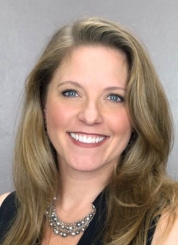
Visual Representation and Gender Fit in the Workplace
INSEAD, The Business School for the World, “brings together…
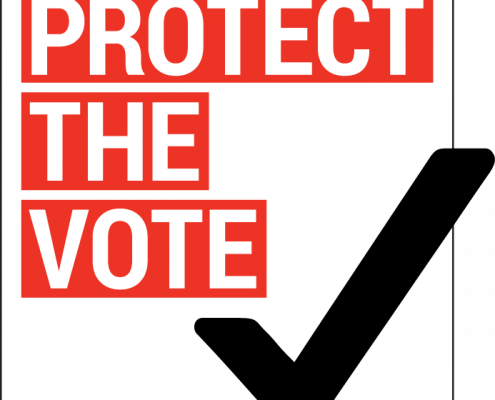
Co-Director of UCLA Voting Rights Center Secures Settlement on Texas Voting Rights Case
UCLA lecturer and co-director of the UCLA Voting Rights Center,…
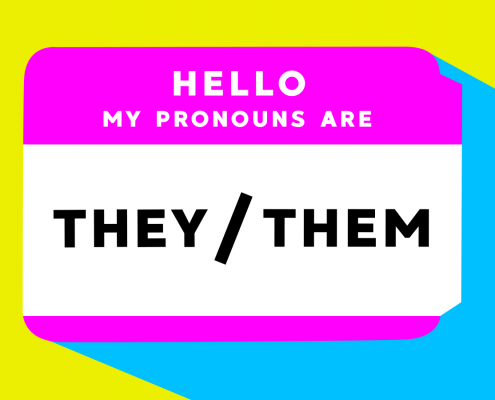
A New Perspective on Gender Neutrality
UCLA Professors Abigail C. Saguy and Juliet A. Williams from…
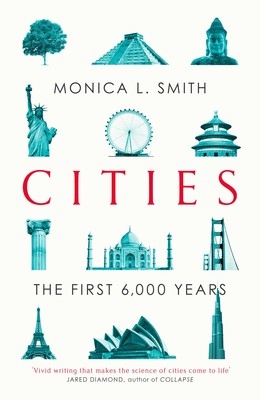
Cities: A Compelling Part of Human Life
Monica L. Smith is a UCLA professor in the Department of…

A Fresh Perspective: Black Life Across U.S. Cities
UCLA’s Division of Social Sciences is full of amazing faculty,…
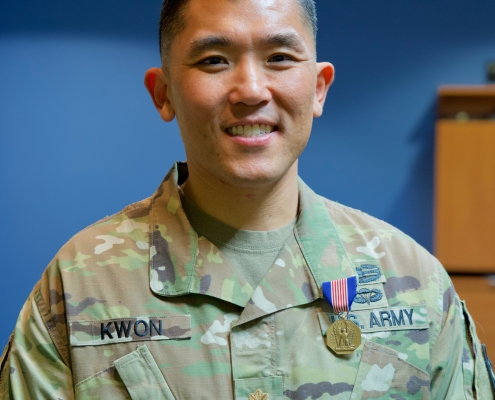
A Ceremony to Honor UCLA Heroes
“…This was a collective effort. You know, this is not…
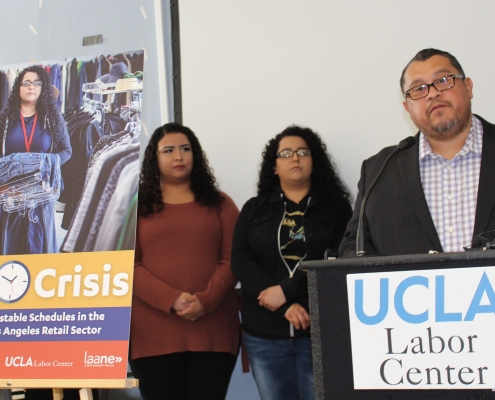
Workers in Retailing Fight for a Fair Schedule
On Saturday, March 2nd, the front page of the Business section…
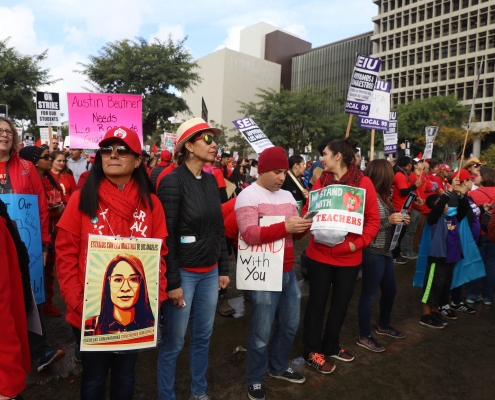
Bargaining for the Common Good: An Analysis of the Los Angeles Teachers’ Strike
By Betty Hung, Staff Director, and Kent Wong, Director, UCLA…

UCLA Lecturer Works as Lead Attorney on Texas Voter Purge Case
These last two weeks, a court in San Antonio, Texas has taken…
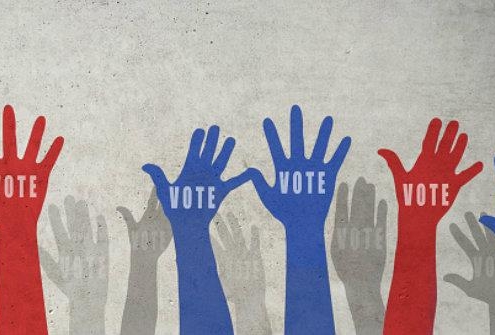
Testimony on Voting Rights Issues
The U.S. House Committee on Administration was authorized…

